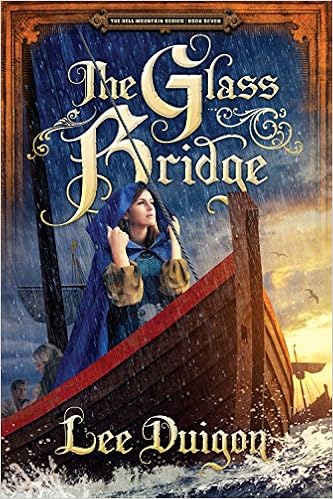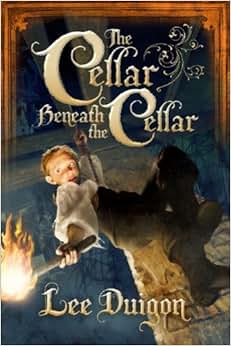
I have taken a shine to these books. Ancient Voices: Into the Depths is Book 2 of the Wind Rider Chronicles, the sequel to Journey to Aviad. Regular readers of this blog will know Allison Reid better as “Weavingword.”
Why do I like these books? Let me count the ways.
First and foremost, they are refreshing! Imagine that–a fantasy adventure series without lusty tavern wenches, The Invincible Female Warrior, the brawny barbarian who can copulate all day and then get up and fight a battle, know-it-all elves, crusty-but-benign wizards–I mean, imagine a fantasy populated by characters who are normal people! We don’t even have to suffer through scenes of heroes getting off wisecracks and zingers as they march light-heartedly into mortal peril.
This is downright revolutionary.
And because all these characters are normal, the reader will find it easy to believe in them. I like these folks! I really do. I especially like the two protagonists: sisters, Morganne, a young woman, and Elowyn, a girl passing into womanhood. Morganne is a seamstress by necessity and a scholar by avocation; Elowyn’s passion is the woodlands. They have gotten through some hard traveling–not by magic or by secret martial arts, but by faith, loyalty, and love. It would be hard not to like them.
Then there are the settings. Reid does take her time setting the scene, but the end result is a fantasy world that really does seem real. So you’ve got real people living in real places. I feel as if I’ve actually been there.
Now, Ancient Voices is a sequel, and reading Journey to Aviad first would be pretty much indispensable. Ancient Voices tells of a year in the little town of Minhaven, between the sea and the wilderness, the place where Morganne and Elowyn have sought refuge.
If I have any criticism of this book, it’s that the story would benefit by a bit more action. That’s just my personal opinion. But as I see it, Ancient Voices is very much a way station in a much longer narrative. I did enjoy settling down there for a while–this is a very companionable book, just the kind you want for reading in bed.
I will certainly read the next book in the series.
These books are independently published, which means the author herself had to do all the work of editing. Speaking for myself, I am so glad I don’t have to do all the editing of my own books. It would never work. Professional editing by someone other than the author would do much for these books–and I’m talking about routine editing, gentle editing, not major rewrites.
I would love to see these books professionally published and the author paid for her efforts. But I would certainly rather have them published independently than published not at all.
They’re both available on amazon.com, and it’s my pleasure to recommend them.
It’s not easy to make up people who don’t exist and have your readers responding to them as if they were real. It’s not easy to invent a fantasy setting that has an authentic feel to it–as if it were a real place, not just something cobbled together out of well-worn bits of older fantasies.
Allison Reid has done those things, and done them well. And she will do them better as she gains experience.
Like this:
Like Loading...


